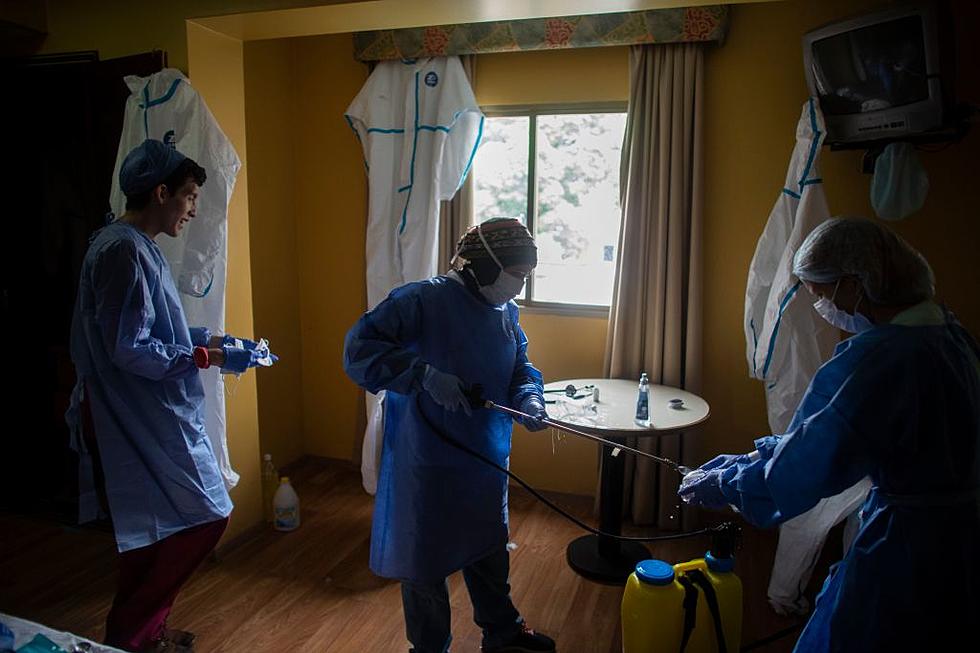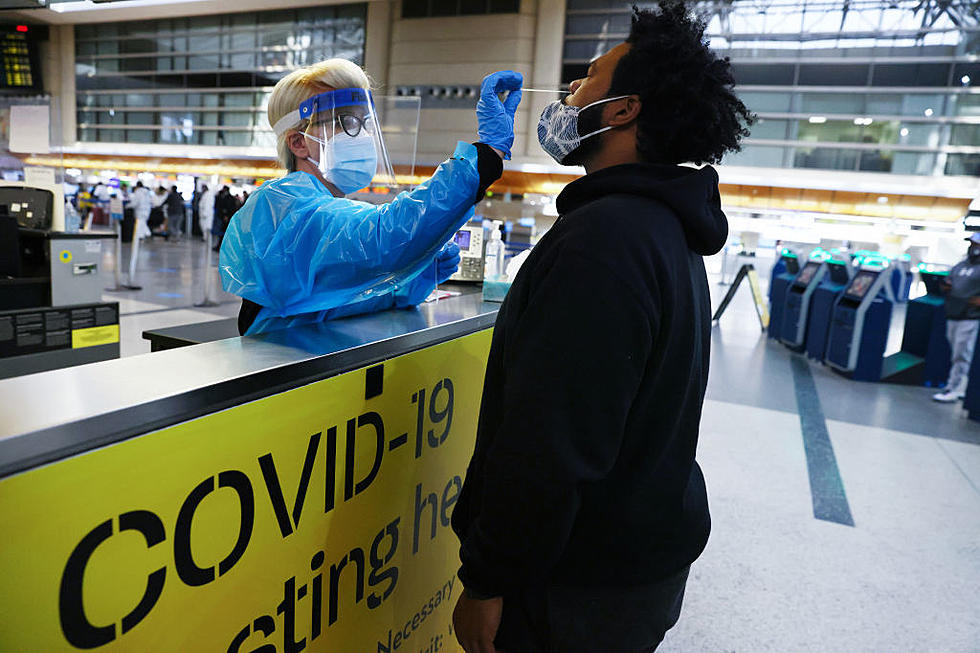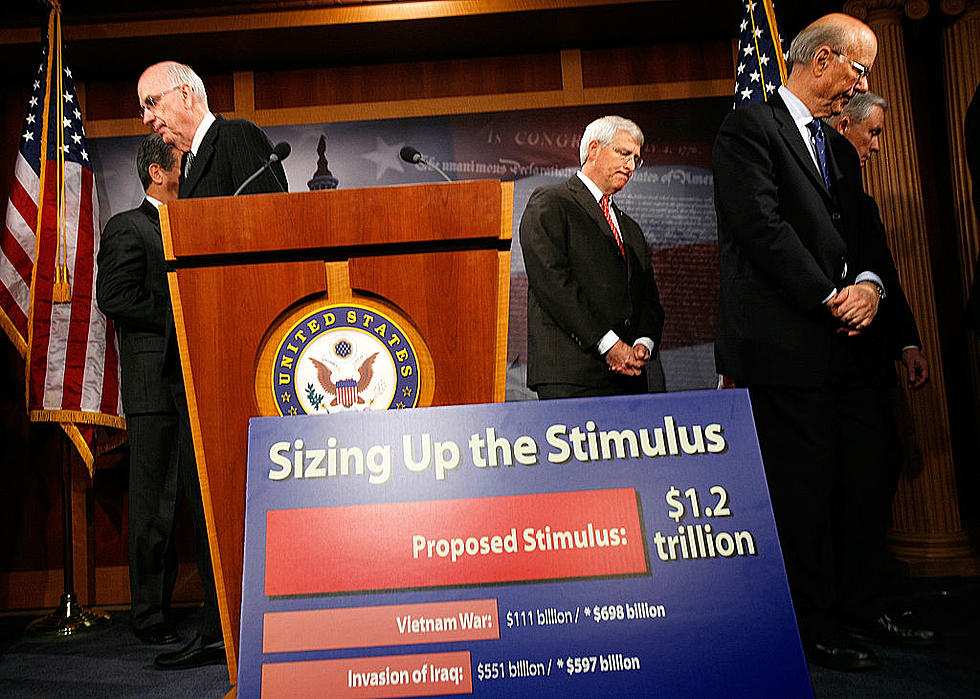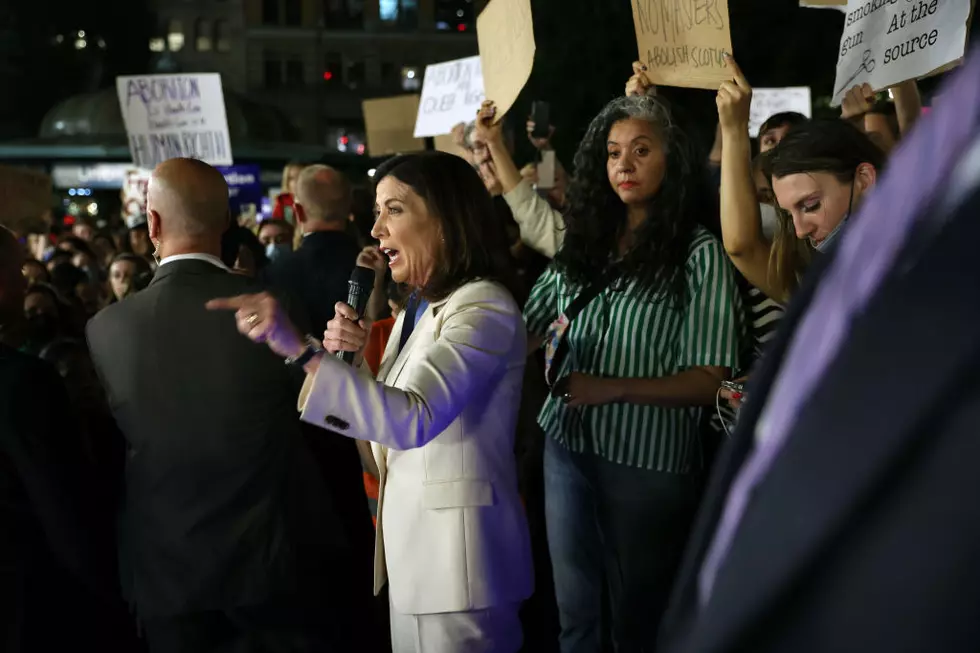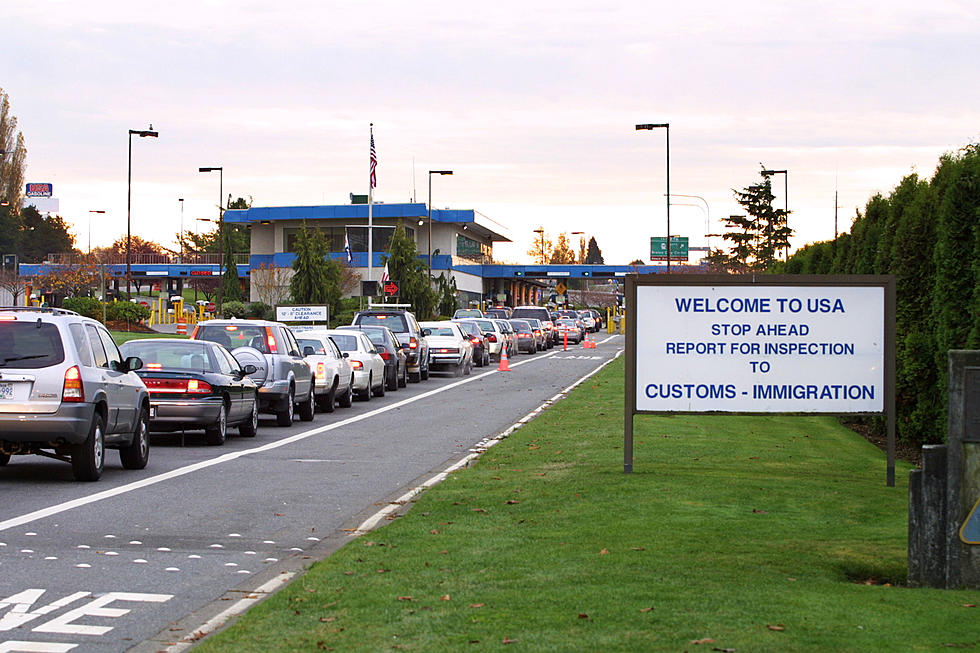
Prison Release for Low-Risk Prisoners Proposed by Suffolk County DA Rachael Rollins
Suffolk County District Attorney Rachael Rollins is proposing a release for low-risk prisoners so as to help them avoid contracting the coronavirus, COVID-19, and spreading it once they are eventually released, according to a CBS Boston news report. Her proposal seems to make the assumption that prisons, in general, are going to eventually be infected with the virus widespread.
WATCH:
Do you think DA Rollins has a good point? DA Rollins wants low-risk prisoners released rather than stay any longer and contract the coronavirus and then be released into the general public at a later date and spread the virus. Her additional point is that low-risk prisoners are "Lower-Risk". What do you think?
My question is: What is meant by "lower-risk"... "lower-risk" for...what? Is DA Rollins suggesting that low-risk prisoners are less violent, relative to going back into the public than a high-risk prisoner?
People imprisoned for violent crimes are not necessarily violent people, they've been convicted of committing a violent crime...not of being a violent person (which indeed some are). Does that suggest that a person who's incarcerated for not paying Child Support (because yes you can be incarcerated for that) is low-risk...because they didn't do anything violent...yet? How is DA Rollins measuring this? She is indeed making a choice of sorts measured against thinking it's better to put the general public at risk for crime, than it is to put the general public at risk for catching a virus that has killed people and may kill more...especially if it consumes the entire prison population the U,S.
This topic was worth researching to find out if DA Rollins' implications would be wise and this is surprisingly what I found that demands questioning whether DA Rollins' proposal is a good one.
Although I read what you are about to read, it did not resolve the overall question... which option is best for America's safety ... risk allowing prisoners to stay longer than now and risk them being eventually released with a deadly virus ... after it's possibly been controlled (by the time some prisoners get out) ... or is it better to release low-risk prisoners and potentially put the public at risk for more crime?
The data supports changing our responses to some of the crimes that scare people most: people convicted of sexual assault and homicide are actually among the least likely to re-offend after release. People convicted of homicide are the least likely to be re-arrested, and those convicted of rape or sexual assault have re-arrest rates roughly 30-50% lower than people convicted of larceny or motor vehicle theft. More broadly, people convicted of any violent offense are less likely to be re-arrested in the years after release than those convicted of property, drug, or public order offenses. Yet people convicted of violent offenses often face decades of incarceration, and those convicted of sexual offenses can be committed to indefinite confinement or stigmatized by sex offender registries long after completing their sentences.
Rachael n
More stories you might enjoy:
More From 93.7 WBLK

